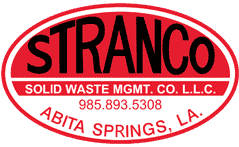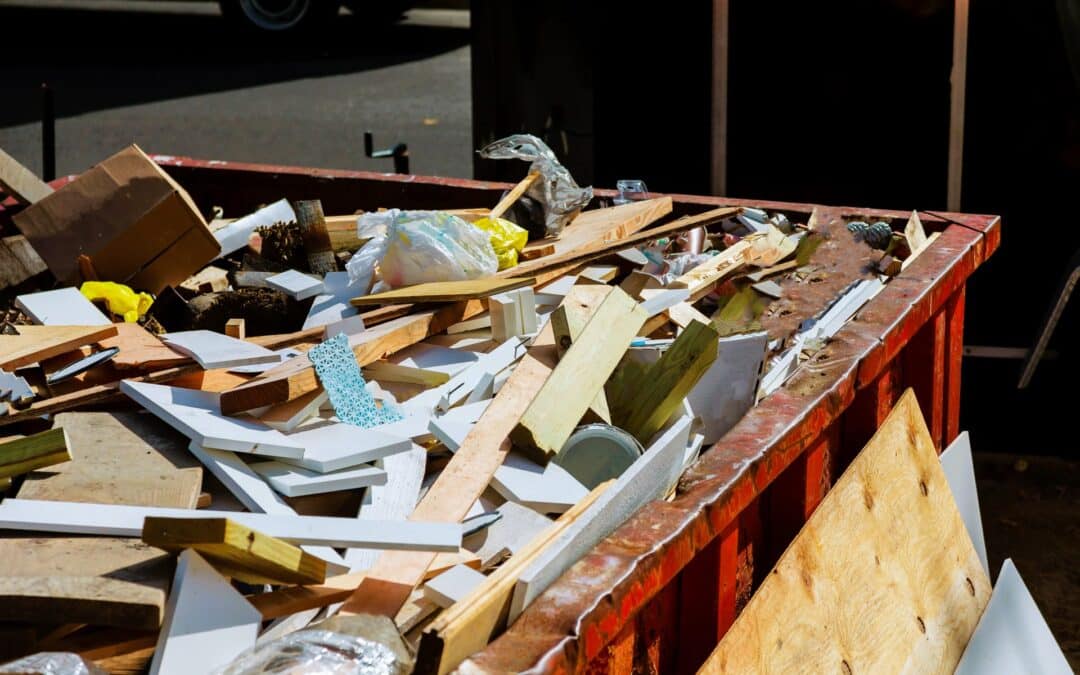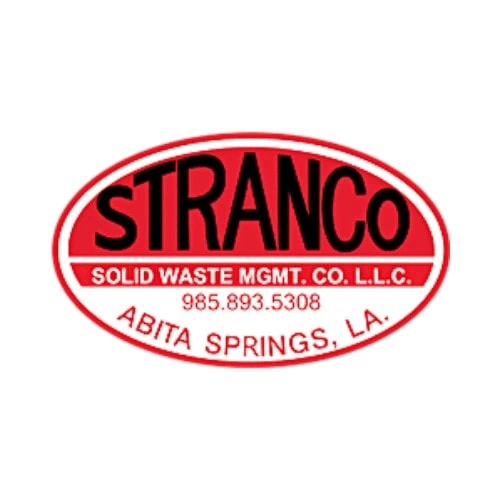When it comes to managing waste effectively, understanding what you can dispose of in a rental dumpster is crucial. This guide will explore the various materials that are permissible for disposal in rental dumpsters, which is vital for business owners and managers who aim to comply with regulations while efficiently handling waste.
Common Household Waste in Dumpster Rentals
Rental dumpsters are commonly used for disposing of a wide range of household waste, which might accumulate during home renovations or major clean-ups. For instance, if a company is renovating its office space, old furniture, non-functional appliances (provided they do not contain Freon), and general clutter can be tossed into a dumpster. Here’s what’s typically allowed:
- Furniture such as sofas, tables, and chairs
- Appliances like stoves and dryers (without Freon)
- Miscellaneous clutter including toys, carpets, and non-electronic decorations
Business managers find this flexibility helpful, as it simplifies the process of clearing out large amounts of general waste without needing to sort through each item extensively.
Construction Debris Allowed in Dumpsters
Construction and demolition sites generate a variety of waste materials, and many of them can go straight into your rented roll-off dumpster. Materials such as untreated wood, metal, concrete, and drywall are typically acceptable. However, there are exceptions, particularly with materials that may pose environmental or health risks:
- Untreated wood and lumber
- Metal scraps and rebar
- Tiles, bricks, and concrete
It’s important for businesses to manage this kind of waste responsibly to avoid fines and potential legal issues, particularly when dealing with substances that require special disposal methods.
Yard Waste and Organic Material Disposal
For businesses that deal with landscaping or large property management, dumpsters can also be a solution for yard waste. Whether you’re clearing out overgrown gardens or managing the aftermath of a storm, dumpsters can accommodate:
- Leaves, branches, and plant clippings
- Grass and weeds
- Soil and sod (often depending on the dumpster rental company)
This option significantly eases the cleanup process after extensive landscaping projects or routine property maintenance, providing a straightforward way to handle organic waste.
E-Waste Handling in Dumpster Rentals
Electronics disposal requires careful consideration due to the potentially hazardous materials they contain. While e-waste like computers, printers, and televisions are generally not allowed in rental dumpsters, it’s essential for businesses to direct these items to facilities specialized in handling such materials. Proper e-waste disposal ensures:
- Harmful chemicals are not released into the environment
- Recyclable parts are recovered and reused
- Compliance with state and federal regulations regarding e-waste
This adherence not only supports environmental sustainability but also upholds the business’s reputation as a responsible community member.
Hazardous Materials Restrictions
Hazardous waste is a category strictly prohibited in standard dumpster rentals due to its potential to cause harm to people, animals, and the environment. Business owners must dispose of hazardous materials through designated channels to ensure safety and compliance with regulations. Prohibited items include:
- Paints, solvents, and oils
- Batteries and light bulbs
- Pesticides and cleaners
Understanding and adhering to these restrictions is crucial for any business to maintain its operational licenses and avoid hefty penalties.
Bulk and Heavy Item Considerations
While dumpsters are incredibly versatile, disposing of bulky or heavy items might require special consideration. Items such as mattresses and heavy construction materials like concrete might need specific dumpsters designed to handle significant weight or may incur additional fees:
- Mattresses and box springs
- Large appliances and machinery
- Dense materials like concrete and large stones
For businesses undergoing major renovations or updates, considering these factors is key to effective project planning and budgeting.
Recyclable Materials Sorting
Sorting recyclable materials can drastically reduce disposal costs and impact environmental sustainability positively. By separating recyclables from other waste, businesses can often reduce the volume of waste requiring disposal and potentially benefit from recycling incentives:
- Cardboard and paper
- Plastics and metals
- Glass materials
Effective sorting at the source not only simplifies recycling processes but also aligns business practices with broader environmental goals, enhancing corporate social responsibility.
Dumpster Rental Material Guidelines
After exploring the wide range of materials that can and cannot be disposed of in rental dumpsters, it’s clear that understanding these guidelines is essential for any business. This knowledge ensures efficient waste management and compliance with regulatory requirements, which is crucial for operational success and environmental stewardship.
Key SEO Takeaways from Dumpster Rental Guidelines
- Verify materials with the rental company before disposal.
- Proper sorting and disposal of waste can save costs and reduce environmental impact.
- Compliance with regulations is essential for legal operation and company reputation.
Frequently Asked Questions
- What happens if I accidentally dispose of hazardous materials in a dumpster? Accidentally disposing of hazardous materials in a dumpster can lead to significant fines and environmental damage. It’s essential to contact your rental provider immediately for advice on remediation steps.
- Can I rent a dumpster for mixed waste types? Yes, mixed waste dumpsters are available, but it’s important to discuss the specific types of waste with your provider to ensure compliance with disposal regulations.
- How often can I have the dumpster emptied? Service frequency can be tailored to your business needs, whether on a project basis or as regular scheduled pickups.
- Is it more cost-effective to separate recyclables before disposal? Separating recyclables can reduce the volume of waste and potentially lower the costs associated with dumpster rental, depending on local disposal fees and recycling incentives.
- Can I extend my dumpster rental period if my project takes longer than expected? Most rental companies offer flexible rental periods, but it’s advisable to discuss extension terms and potential costs beforehand to manage your budget effectively.
- About the Author
- Latest Posts
Since 1998, Stranco Solid Waste Management has been a leading authority in solid waste management in Louisiana. With advanced transfer stations and specialized divisions for roll-off and frontload services, we offer efficient, compliant, and cost-effective waste disposal solutions for our communities.


